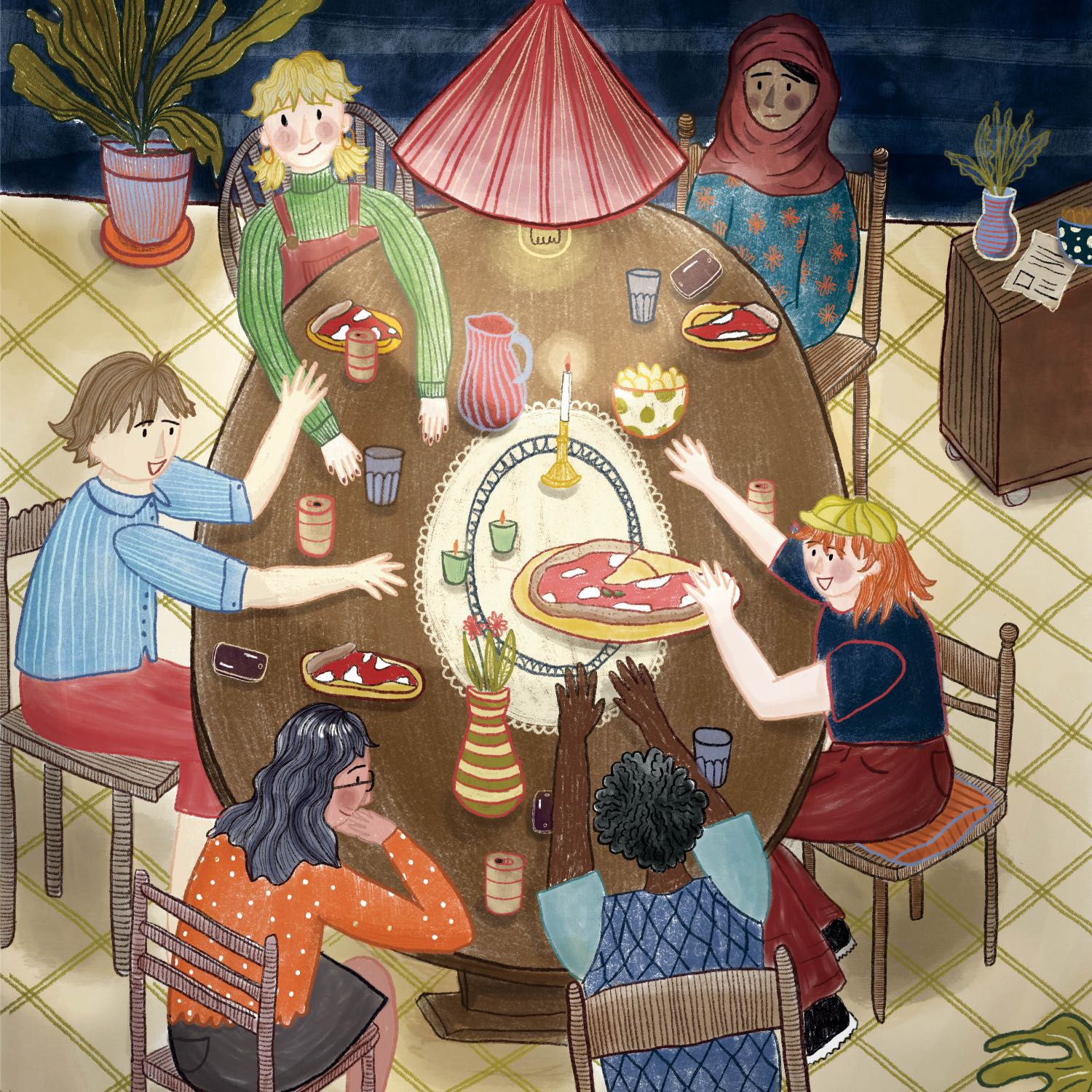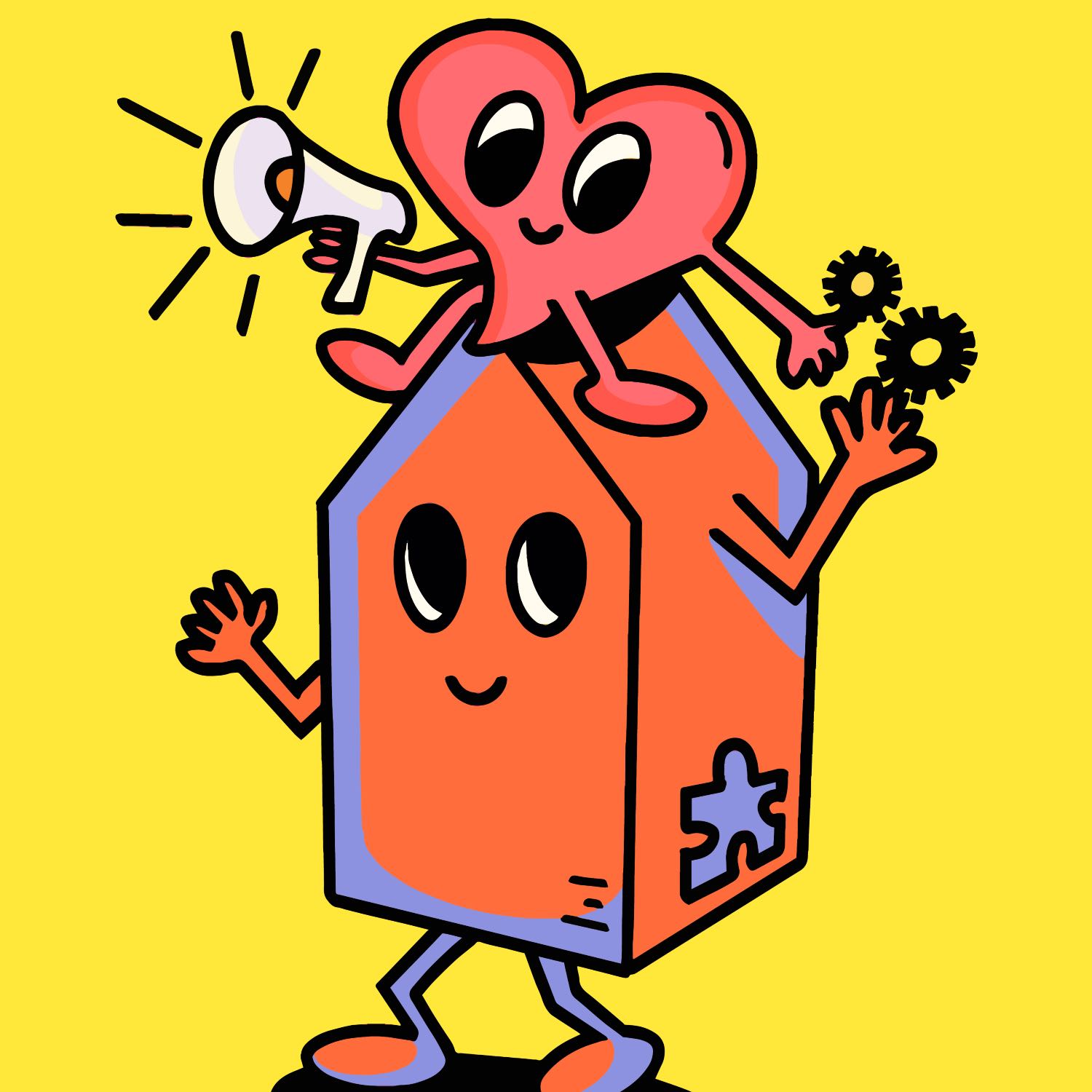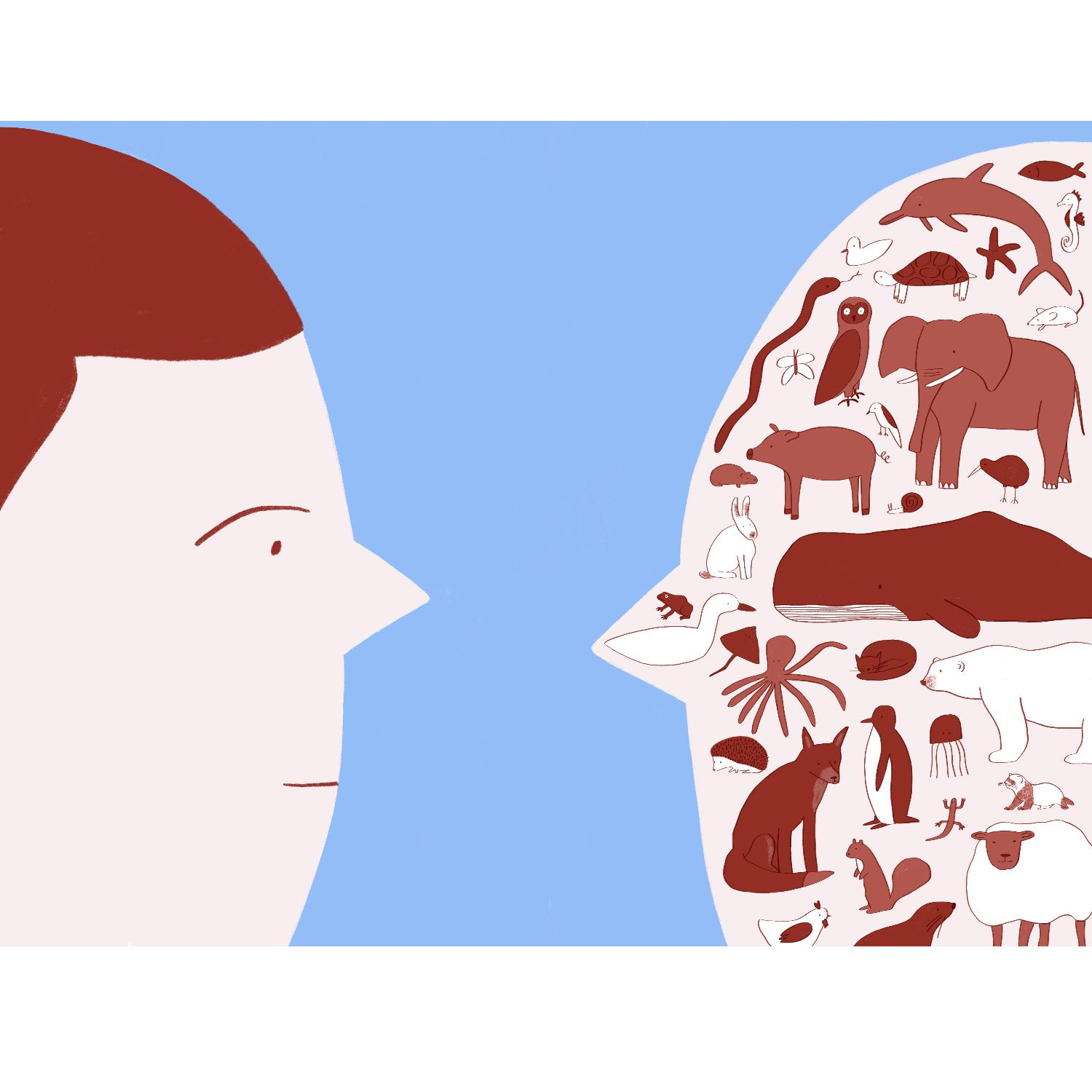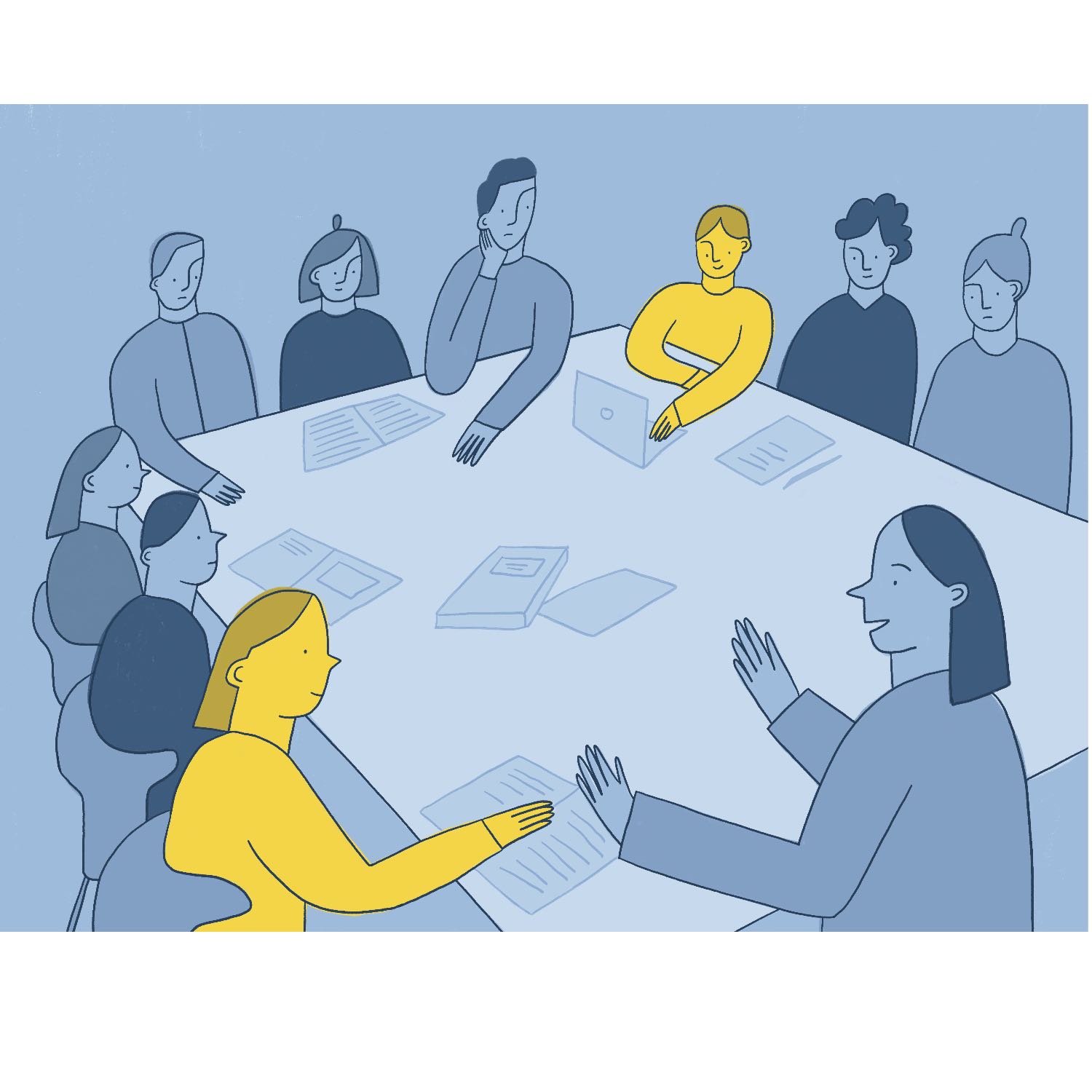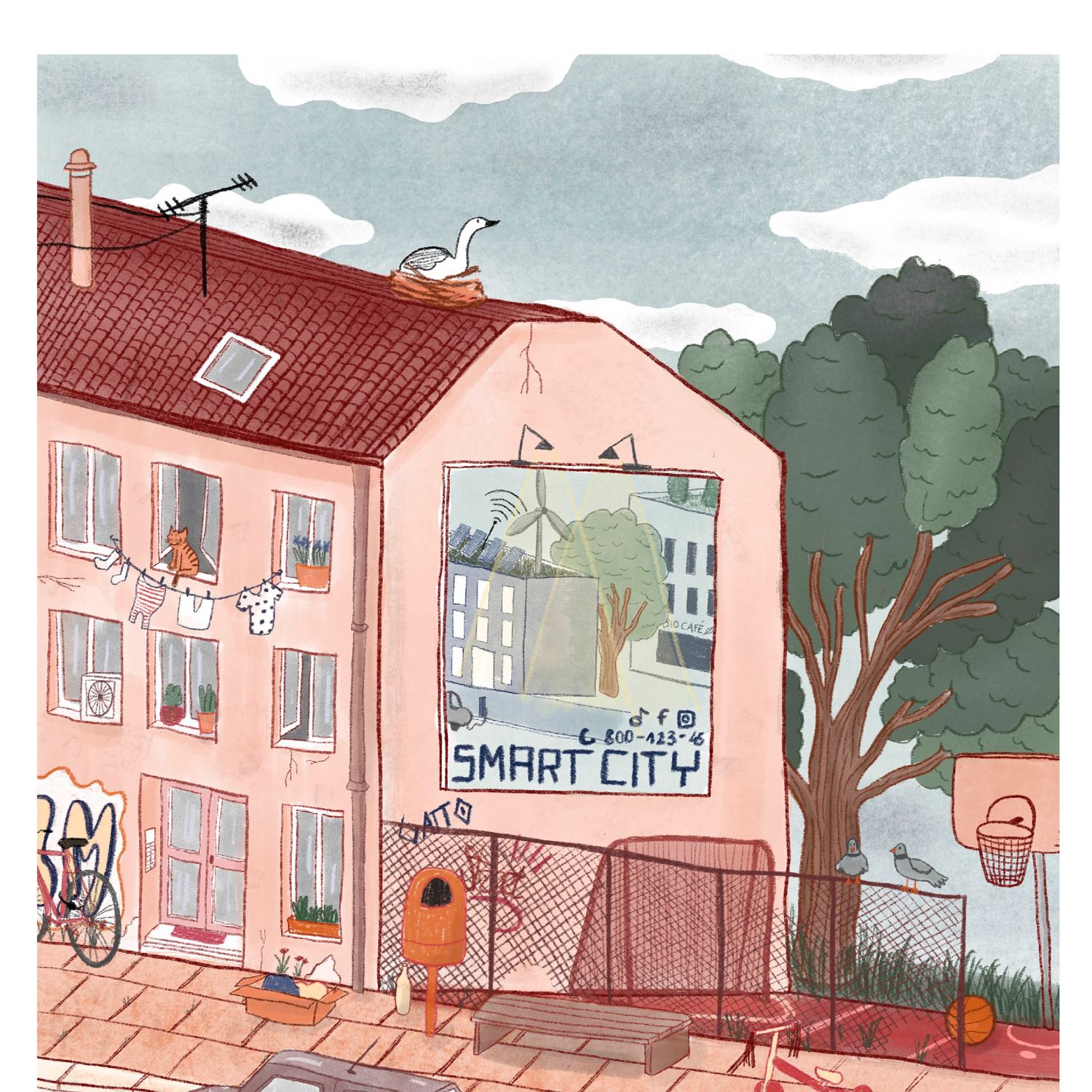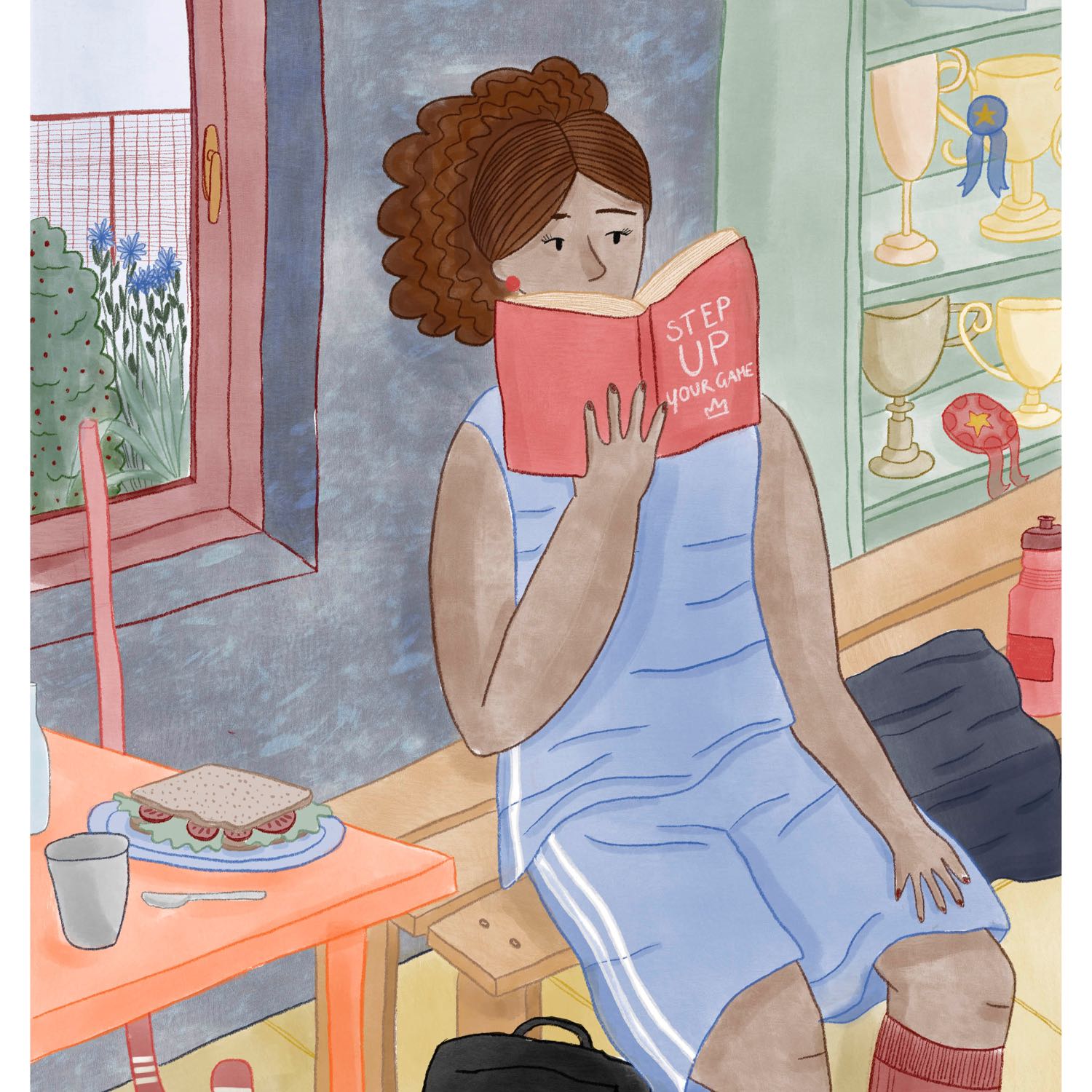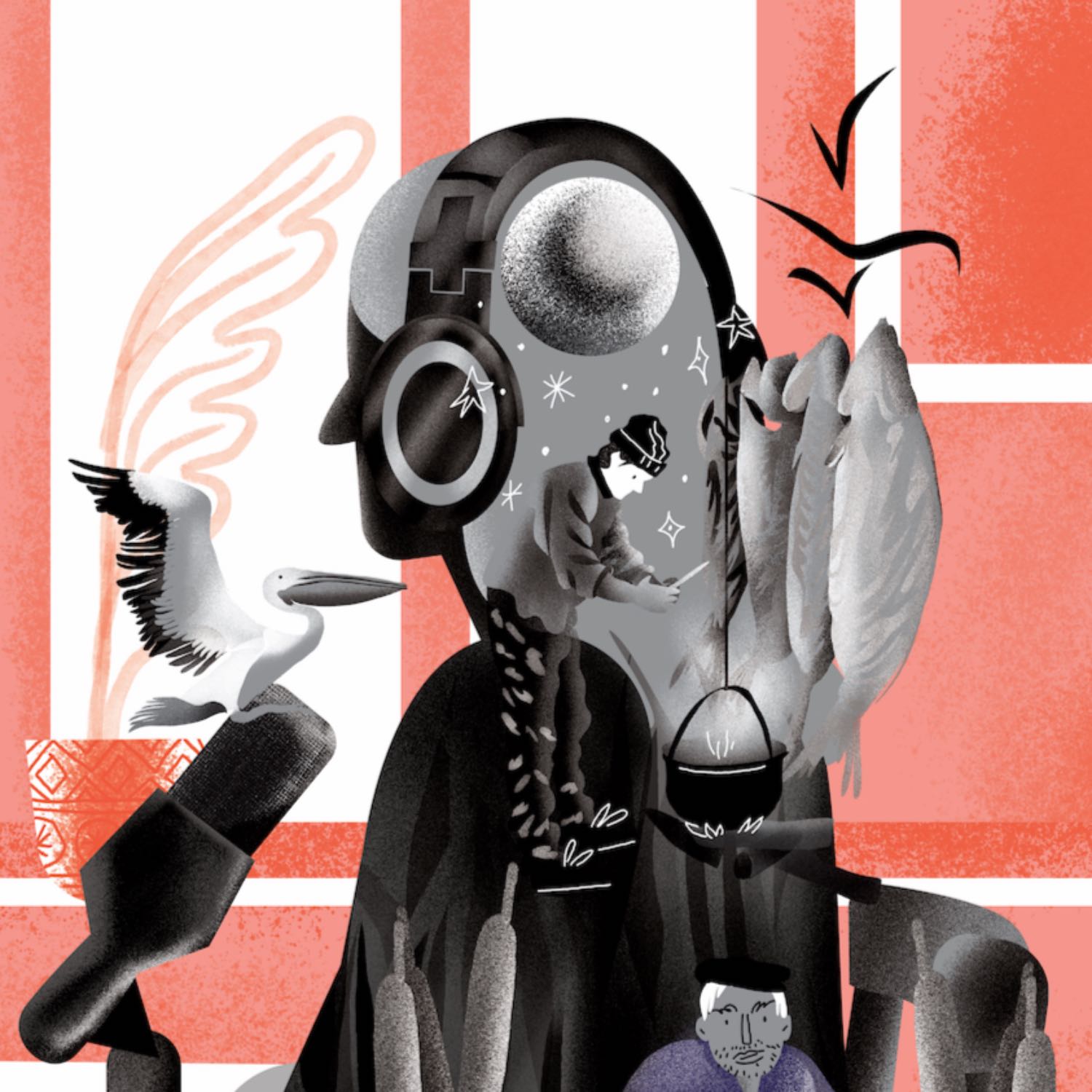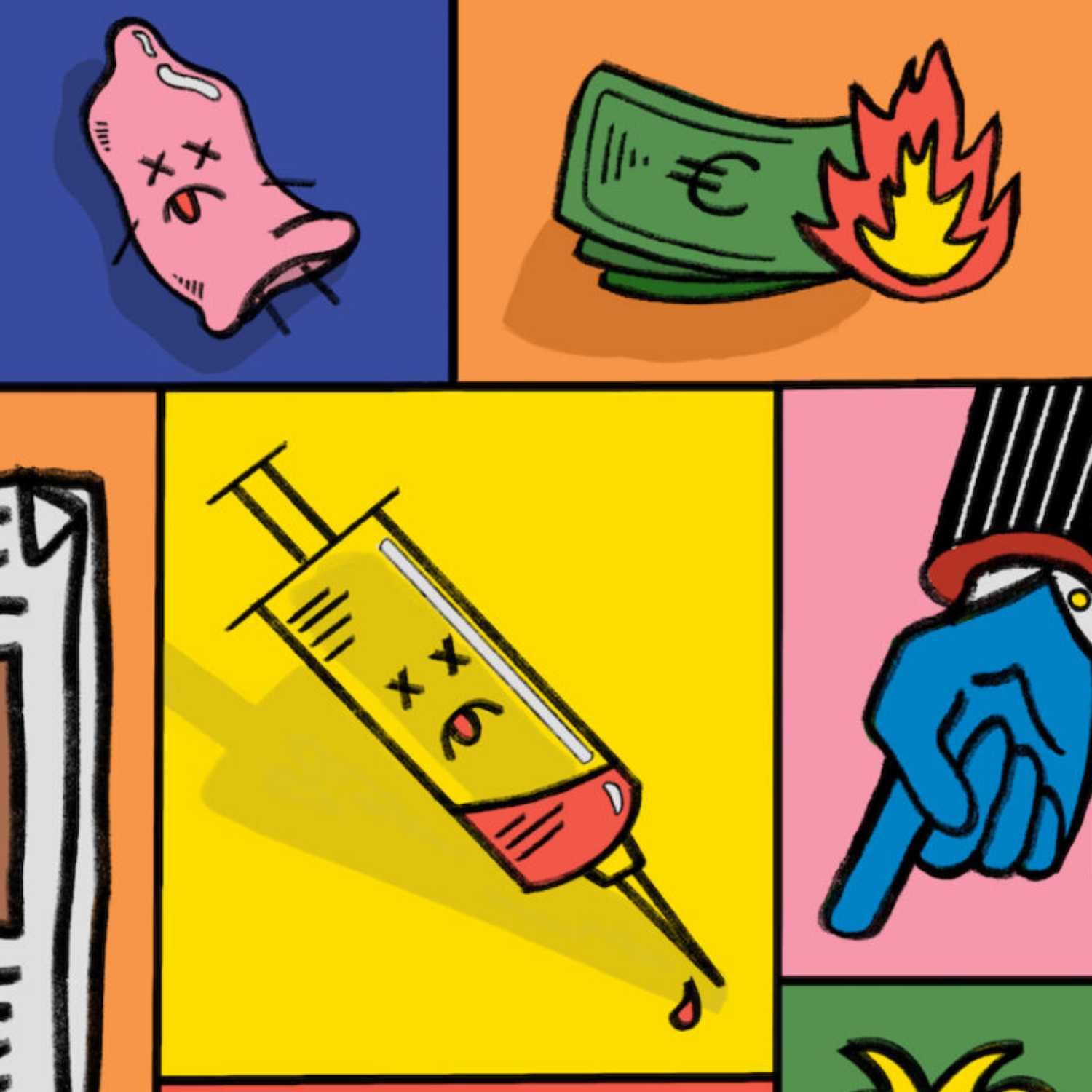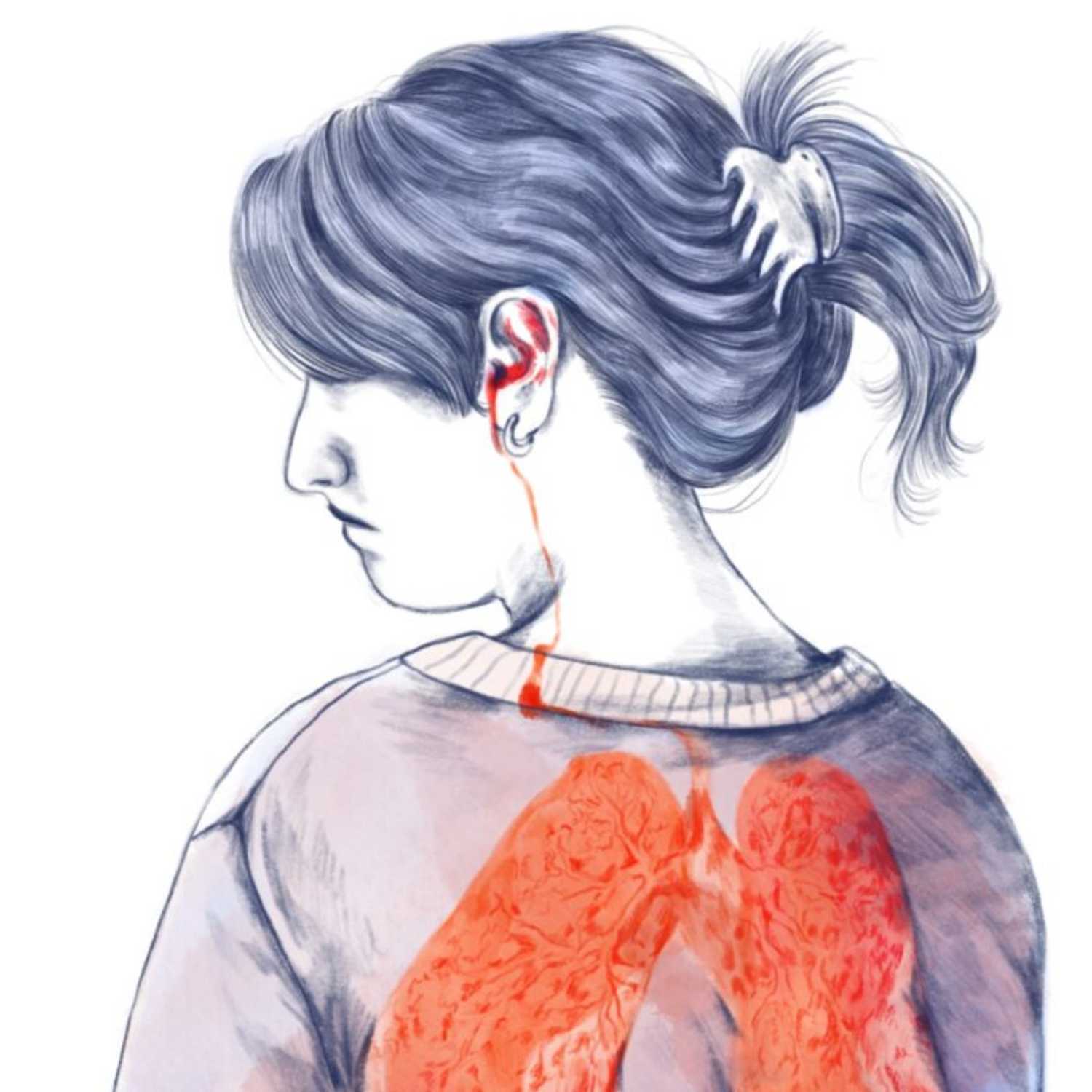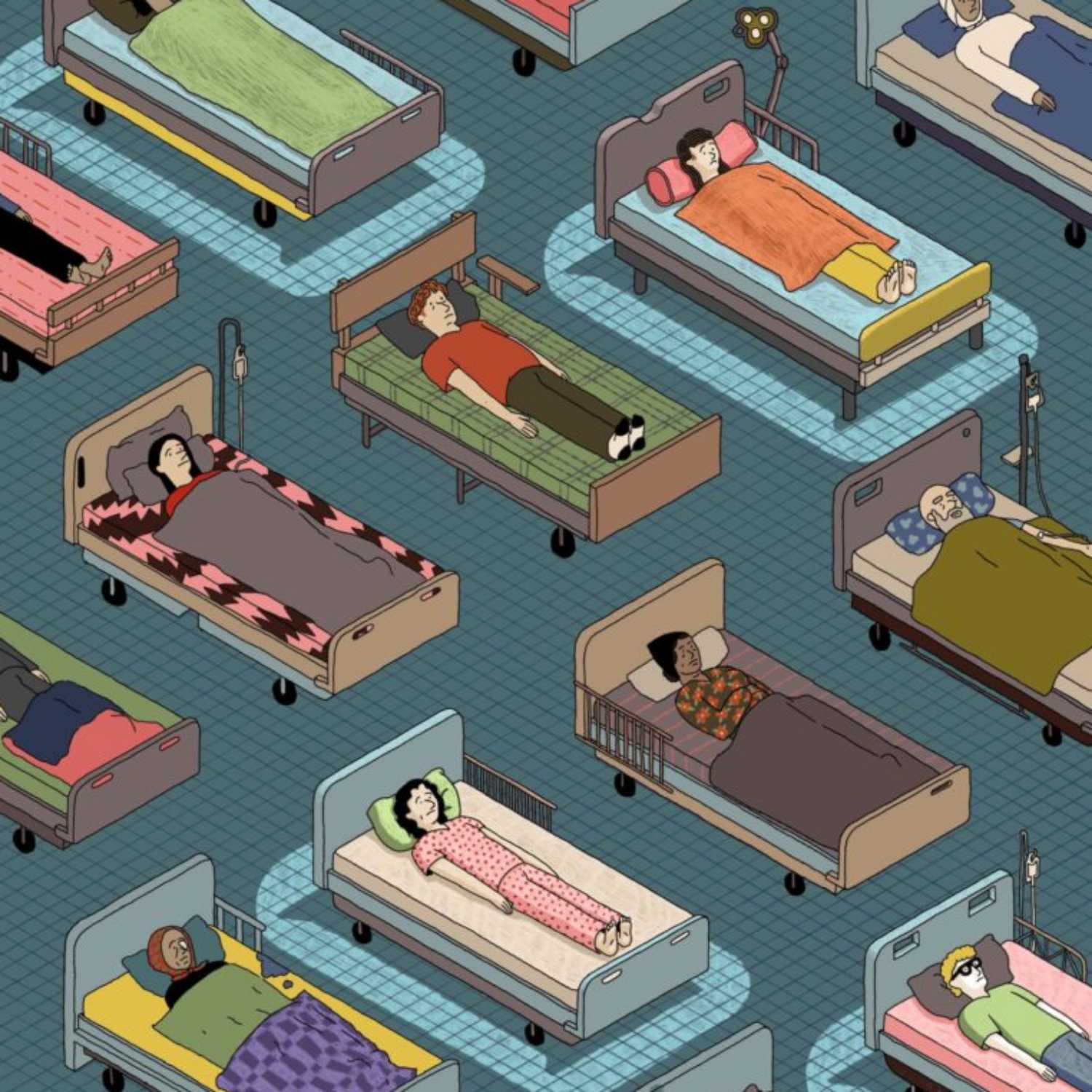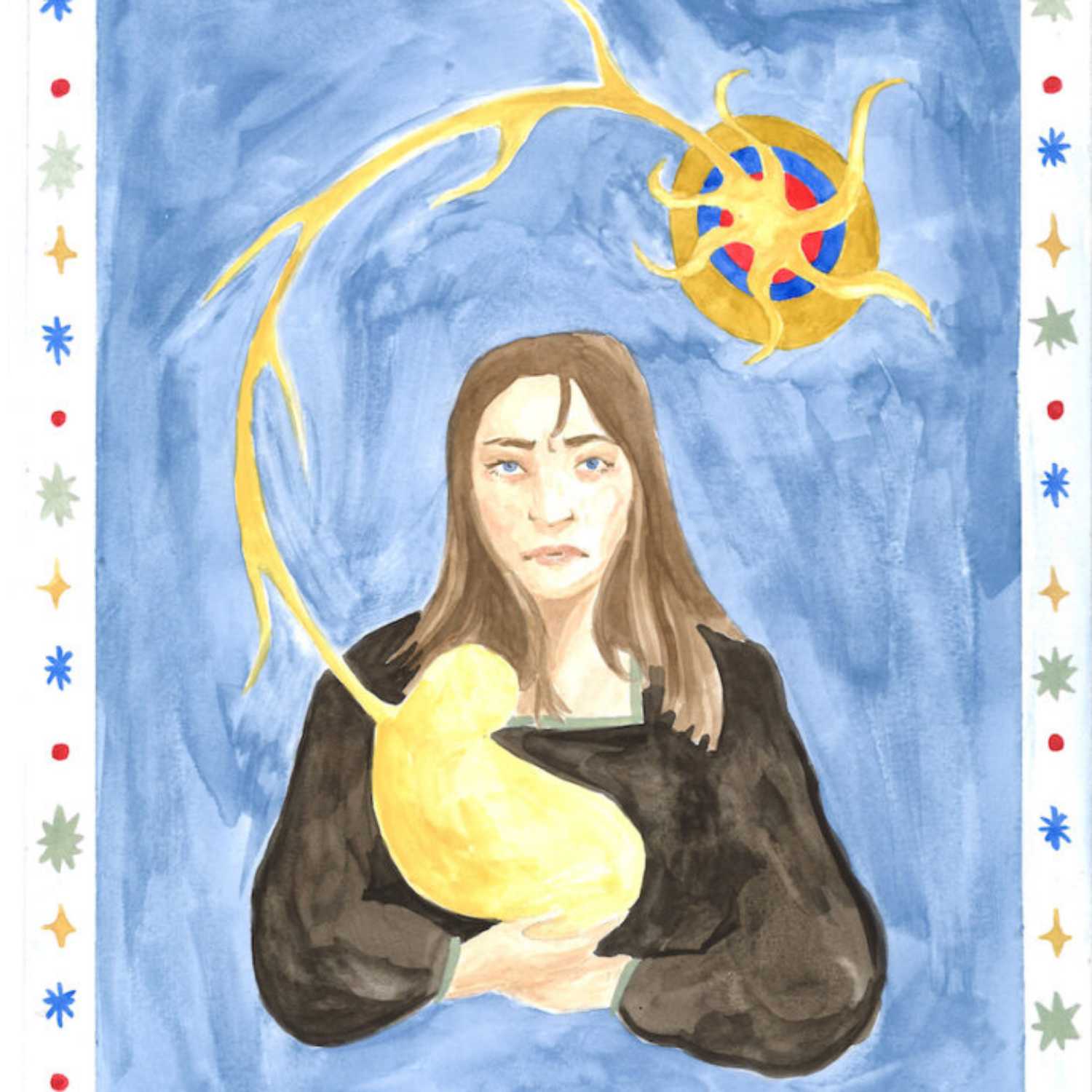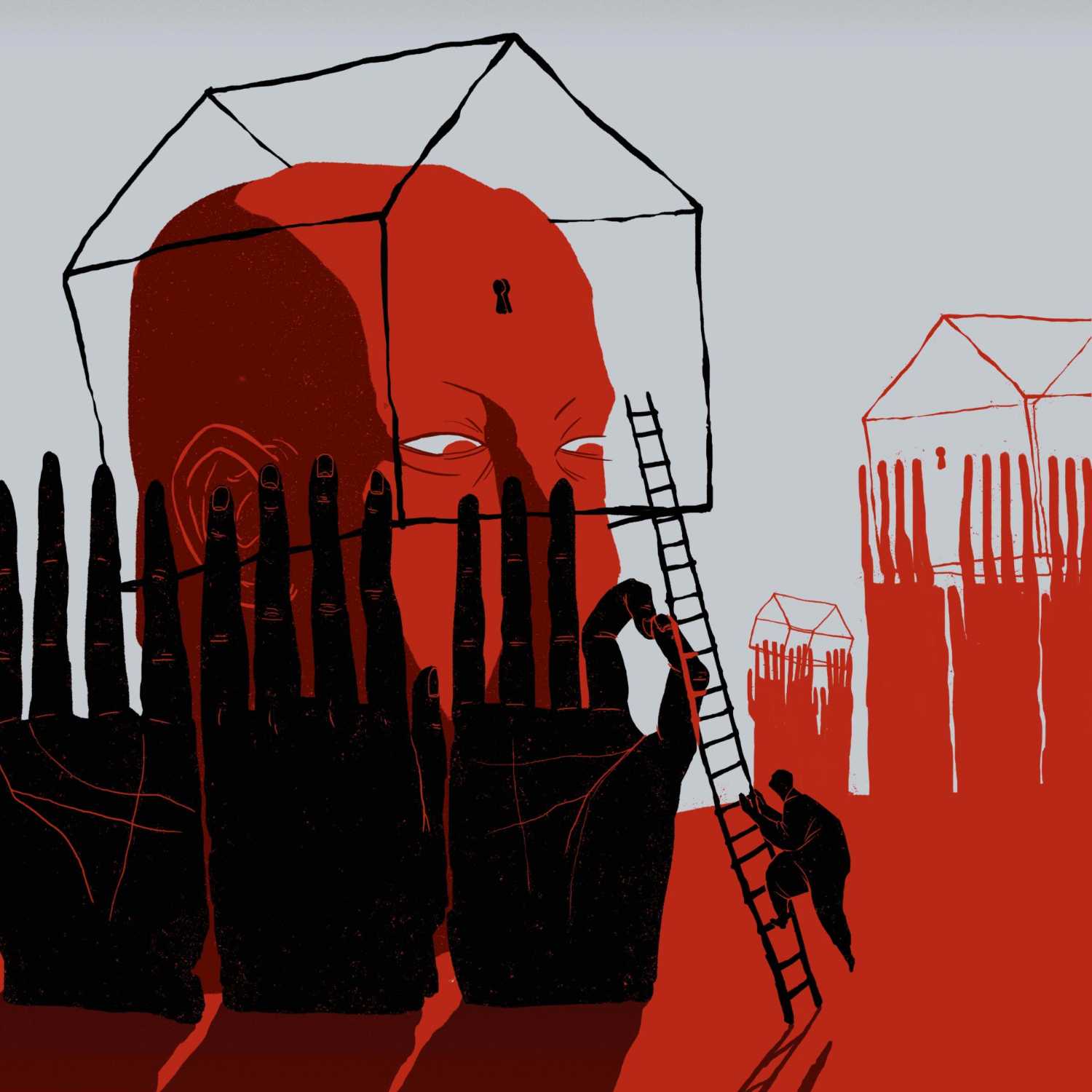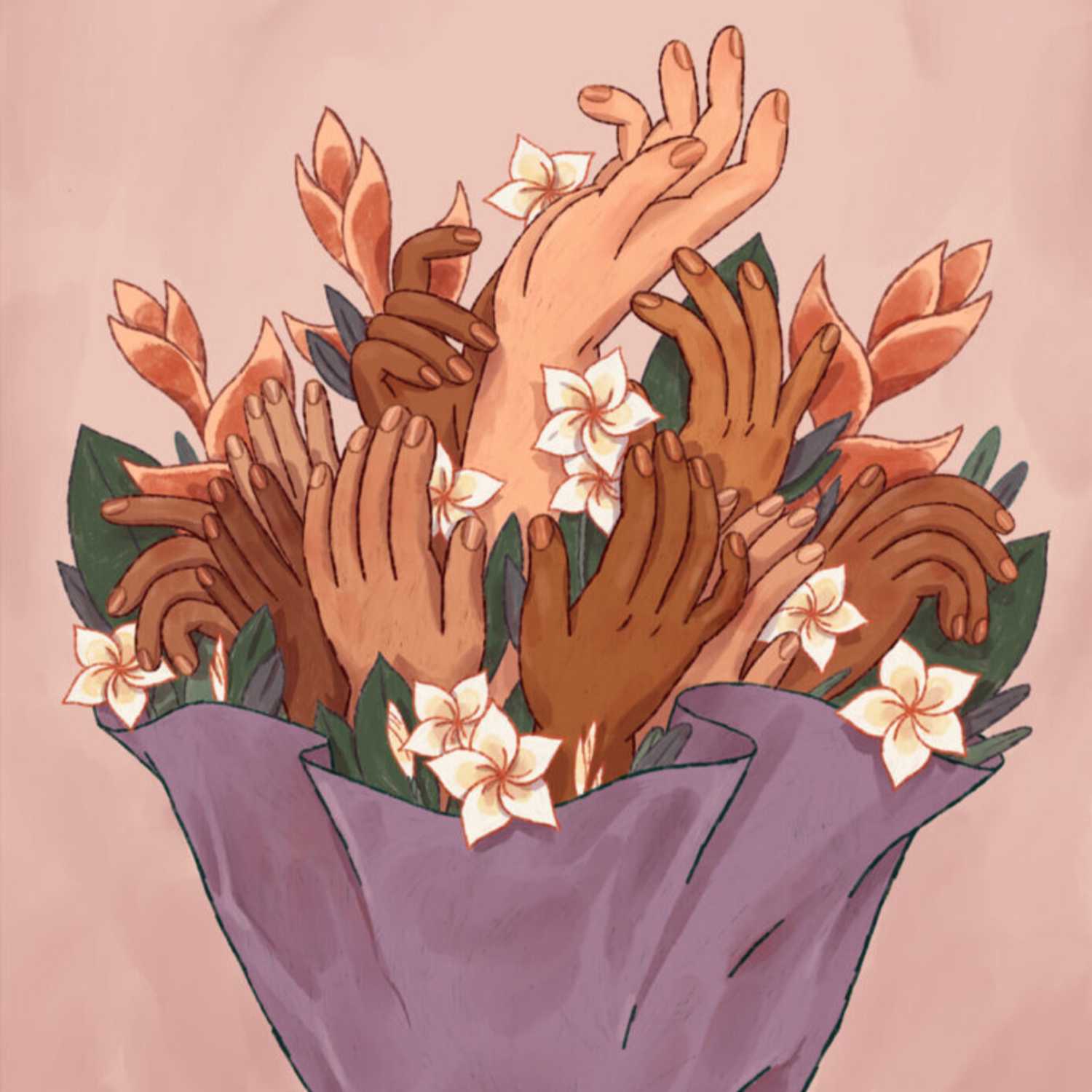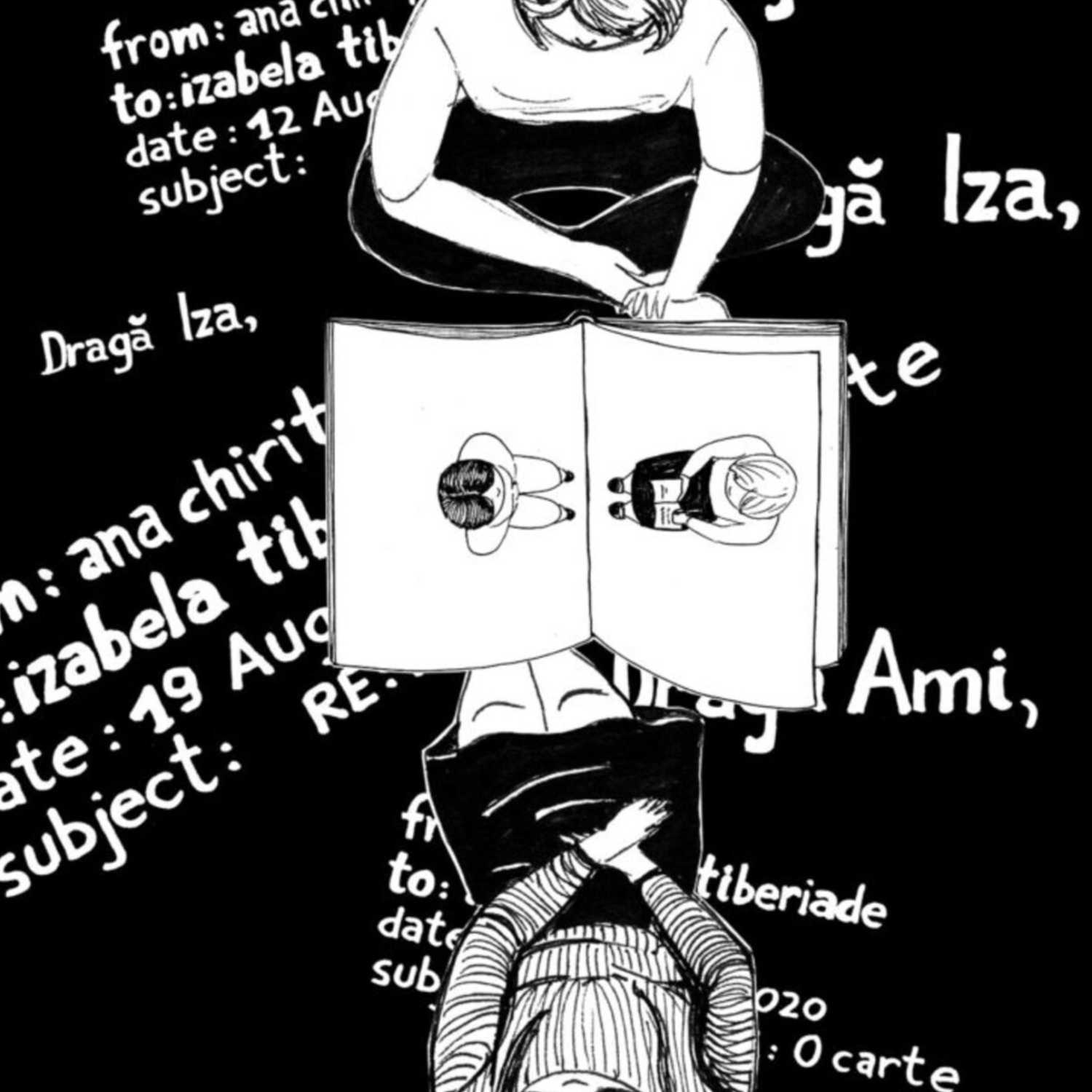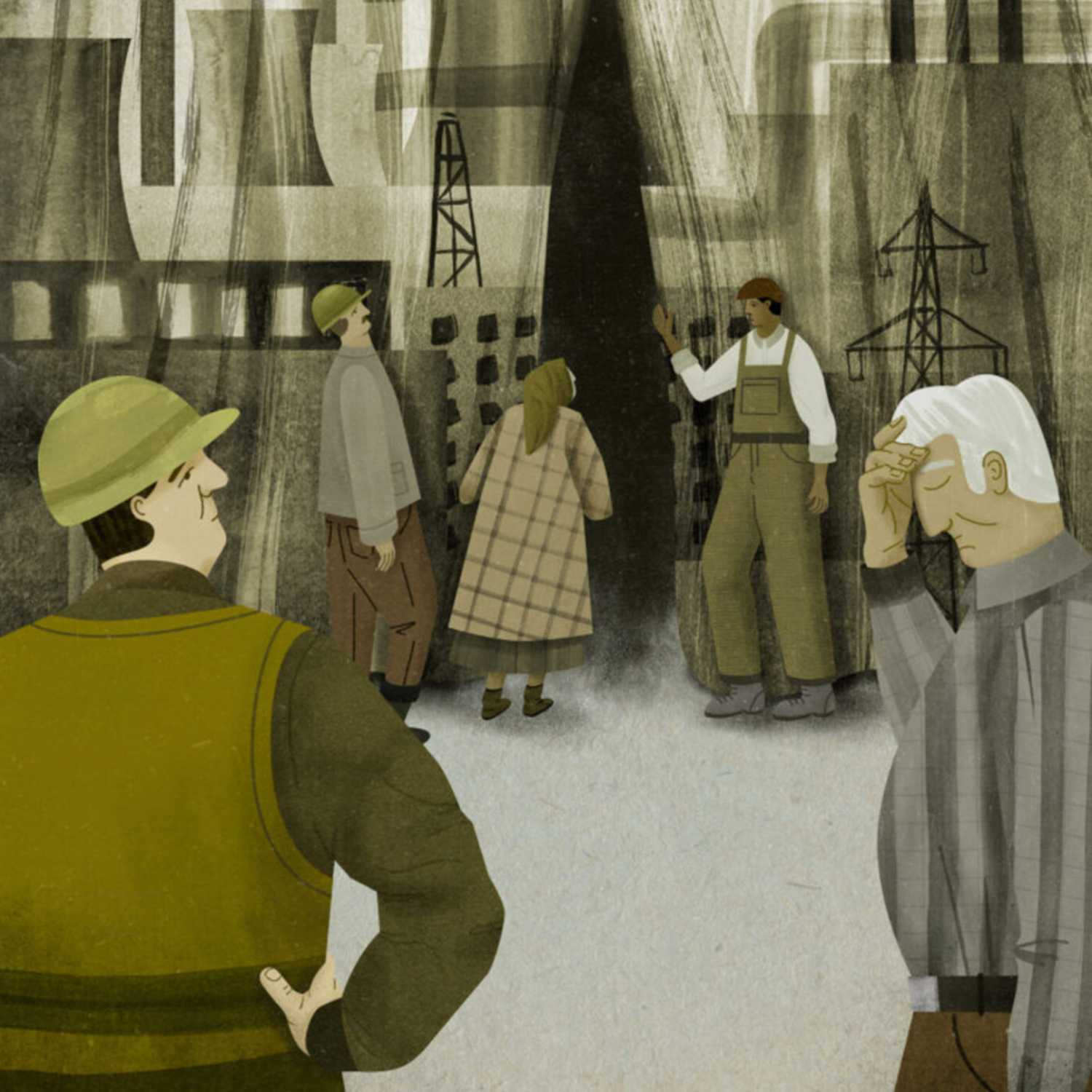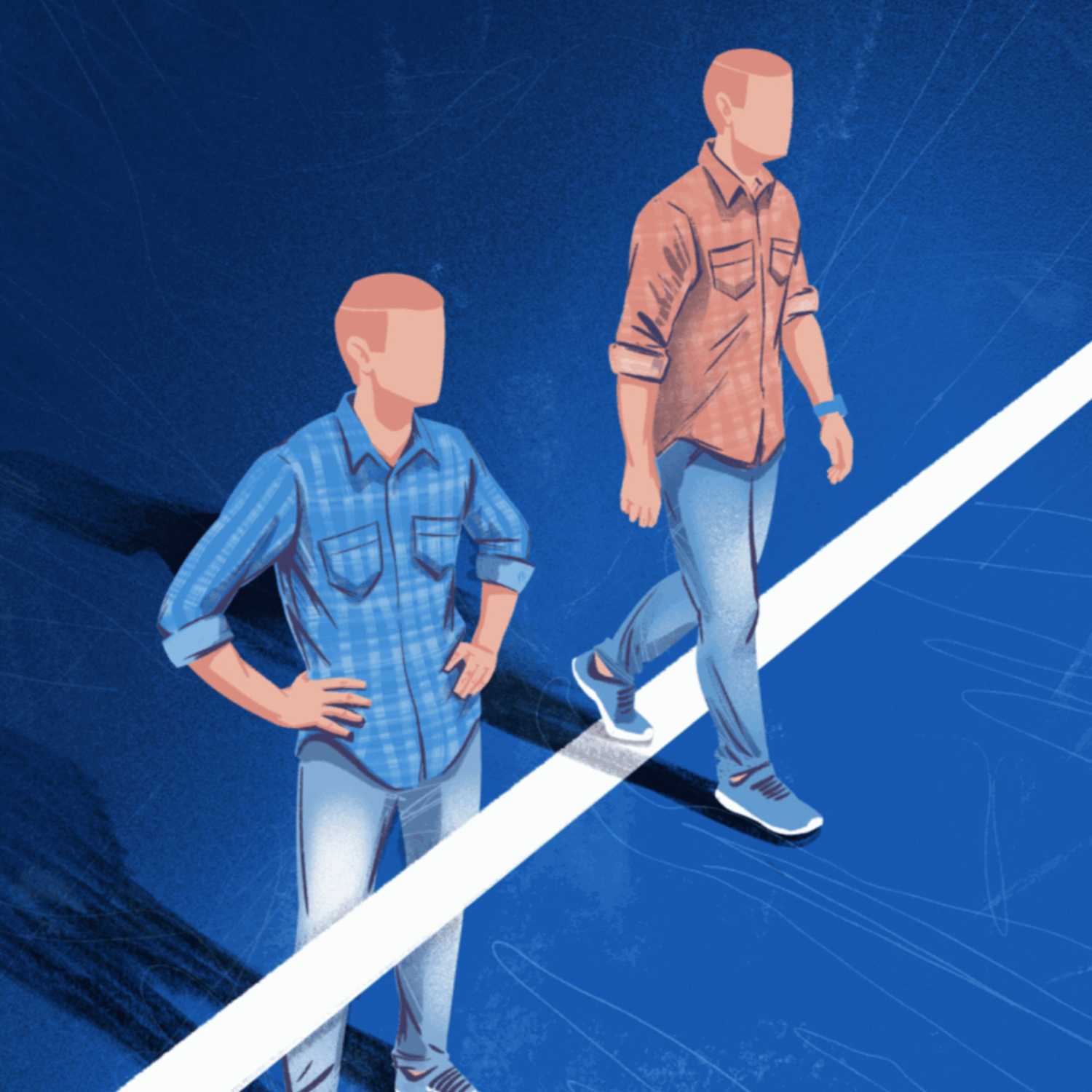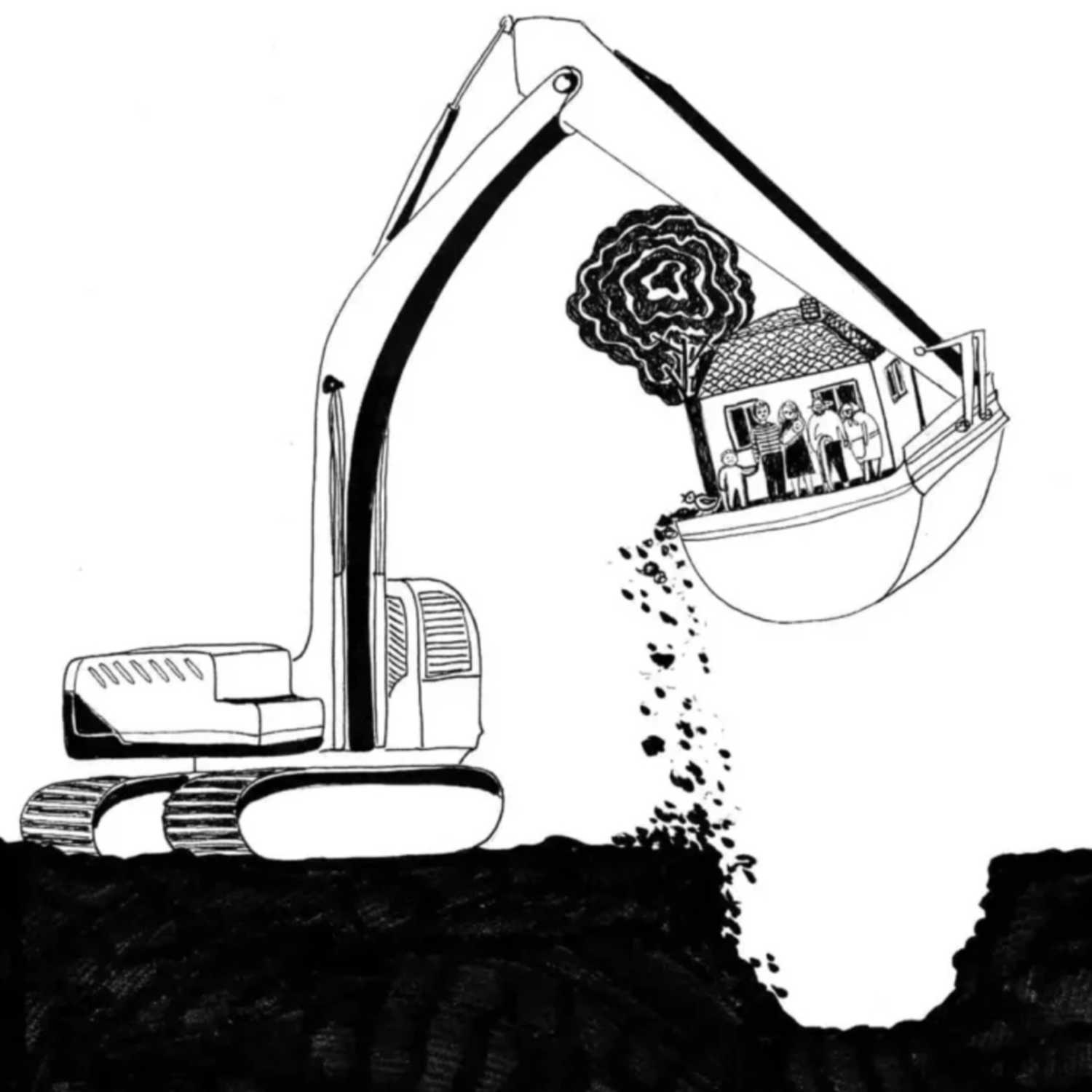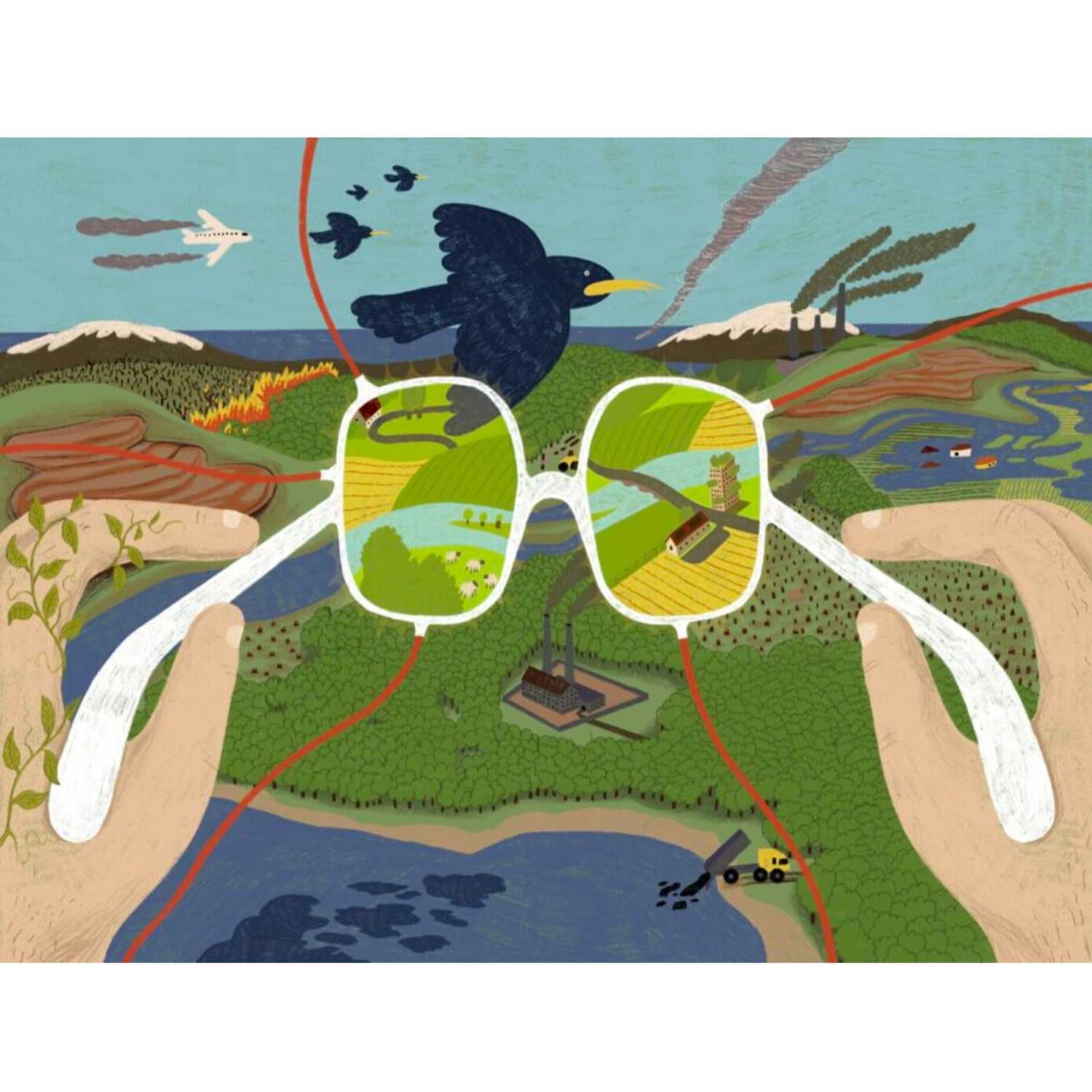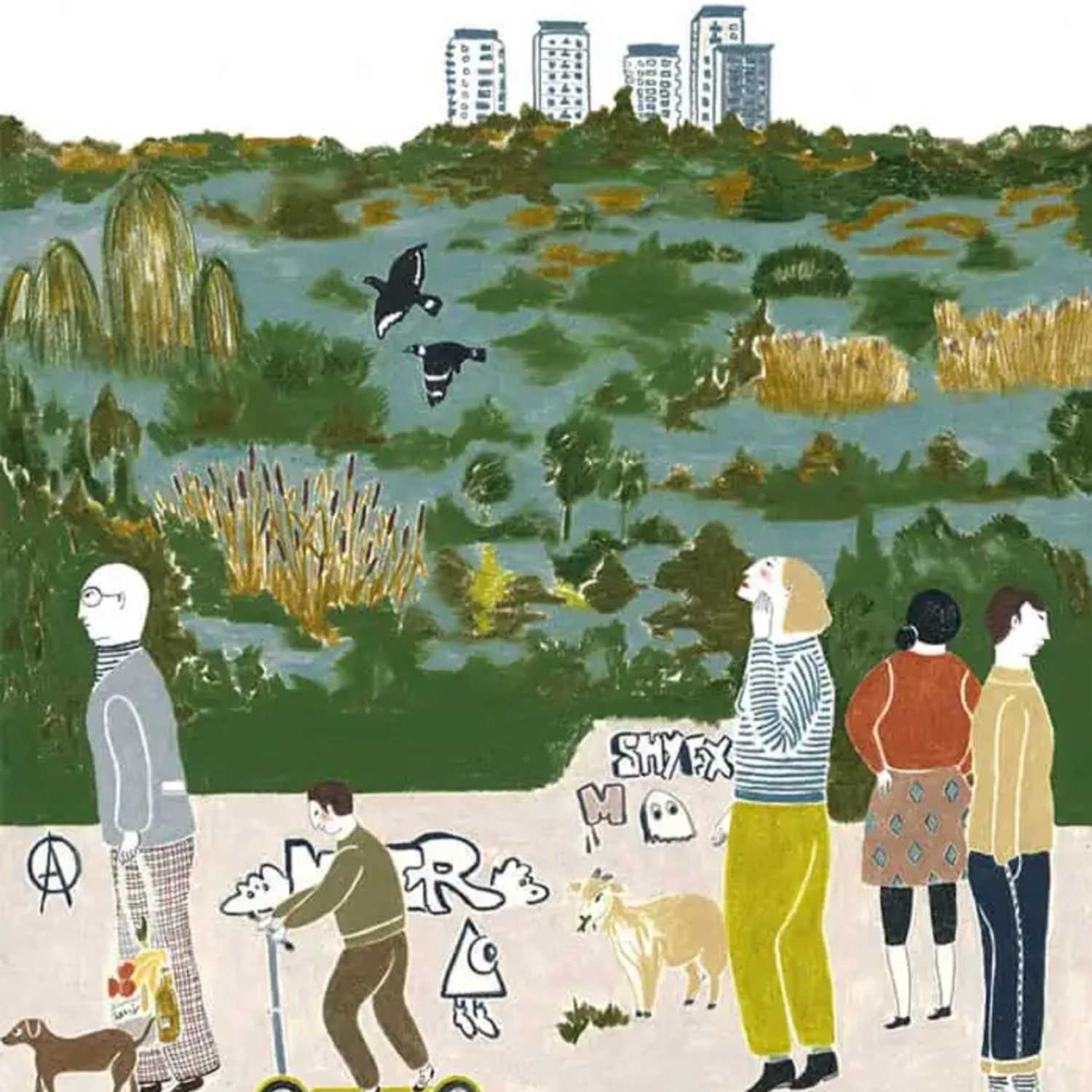
PODCAST
Articles published on our platform are read out loud and turned into podcasts. We also record interviews with our collaborators and contributors. You can find all our audio content here.

AnthroArt – Action for People and Planet is an initiative of three applied anthropology organisations – Antropedia, Namla and Ambigrama – that aims to create an international platform for connecting anthropology and art, with the purpose of deepening awareness about inequality and our relation with the environment and driving change across three geographies: Romania, The Netherlands and Portugal, as well as beyond.
In this paper, I ponder a research project that I was a part of, during my employment at a research consultancy. I want to use it as a case study, to raise some ethical questions I have no definite answers to: how do we do research on diversity & inclusion, particularly for public policy, and how do we do it in an ethical way? And what are the best/right policy choices? When it comes to the positionality of a research consultant and policy advisor in housing (this was my job title), how could I have ever known for sure if my advice was any good?
The paper dives into a project I did a few years ago where we were asked to do research on the possibility of discrimination among a student population who choose their own house mates from the candidates. The housing is cheap and good quality and the waitlist for it is long. The case highlights the fickle and emotional nature of the topic of housing, with insiders and outsiders and a multitude of perspectives. I would like to even ask: Is dividing a scarce resource ever ethical? And if we conclude that it’s not, and decisions still have to be made in the public sphere, what do we do then?
Article by Rosalie Post, illulstrated by Margherita Miani, read by Rosalie Post
